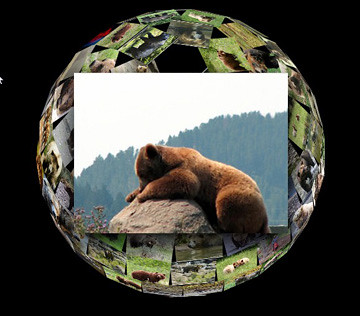I just skimmed the May 2009 District Administration article “A Call for Collaboration” and was reminded of a group project I recently completed with some grad students from UW Stout. For the first time, in my online learning career, I have made an interpersonal connection to fellow students! Typically, in a complete asynchronous environment this does not happen. In a world of text, it is very hard to identify with people. For my own personal learning journey, the best experiences come from a blend of synchronous and asynchronous tools. With the rise of Web 2.0 tools… making that personal connection has become increasingly easier to accomplish!
If interested in learning more, you can check out our work on our group wiki OR see the summary of our project by clicking the voicethread below! Enjoy!



 Today I had a few minutes to do a little catch-up on our good old friend
Today I had a few minutes to do a little catch-up on our good old friend